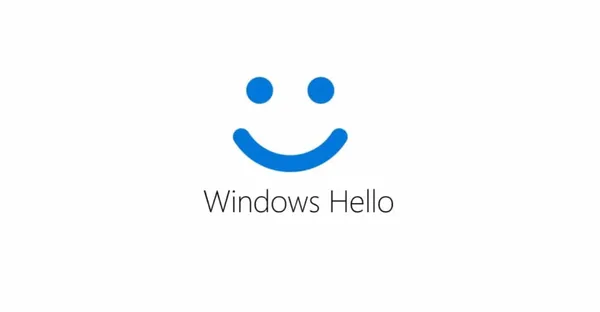
Knowledge base
April 17, 2022
5 years of Microsoft Teams
It may surprise you to know that Microsoft Teams just celebrated its 5-year anniversary. Teams, launched on March 14, 2017, had been available in preview mode for several months and was then made part of the Office 365 Business subscription at no additional cost. It was intended that over time the Microsoft Teams app would replace Skype for Business.
Of course, Microsoft could never have predicted at the time how valuable a tool Microsoft Teams online would prove to be over the course of the past few years; a global pandemic is something no one really saw coming, and certainly not on this scale.
How has Teams grown?
Before the pandemic, in November 2019, there were about 20 million active users of Microsoft Teams online. However, just a few days after companies began asking employees to work from home in March 2020, the number had reached 44 million daily active users. The biggest jump, and perhaps the most incredible achievement for the Microsoft Teams app, is that by April 2021 that number had risen to an astounding 145 million active daily users.
All in all, Microsoft Teams has experienced a staggering 400 percent increase in monthly usage since March 2020, and this number doesn’t seem to be slowing down. The most recent data, collected in January 2022, shows that there are now 270 million monthly active users of Microsoft Teams online.
While Microsoft was clearly hoping for big things from the app, the 5-year anniversary numbers are probably more than they could have ever hoped for.
What has Teams taught us?
We have learned many lessons from Teams, especially over the past few years. We learned how to work from home and keep in touch with our colleagues without losing our productivity. And we have also learned to have meetings with teachers, doctors and other professionals that we normally have face-to-face meetings with in our private lives, without even leaving our homes and offices. Schools have learned how to adapt their curriculum and offer home classes to students during the lockdown, while doctor’s offices have relied on online consultations with patients who might otherwise have been too vulnerable to attend the surgery in person.
Source: bolton
Want to know more?

Related
blogs
Tech Updates: Microsoft 365, Azure, Cybersecurity & AI – Weekly in Your Mailbox.









